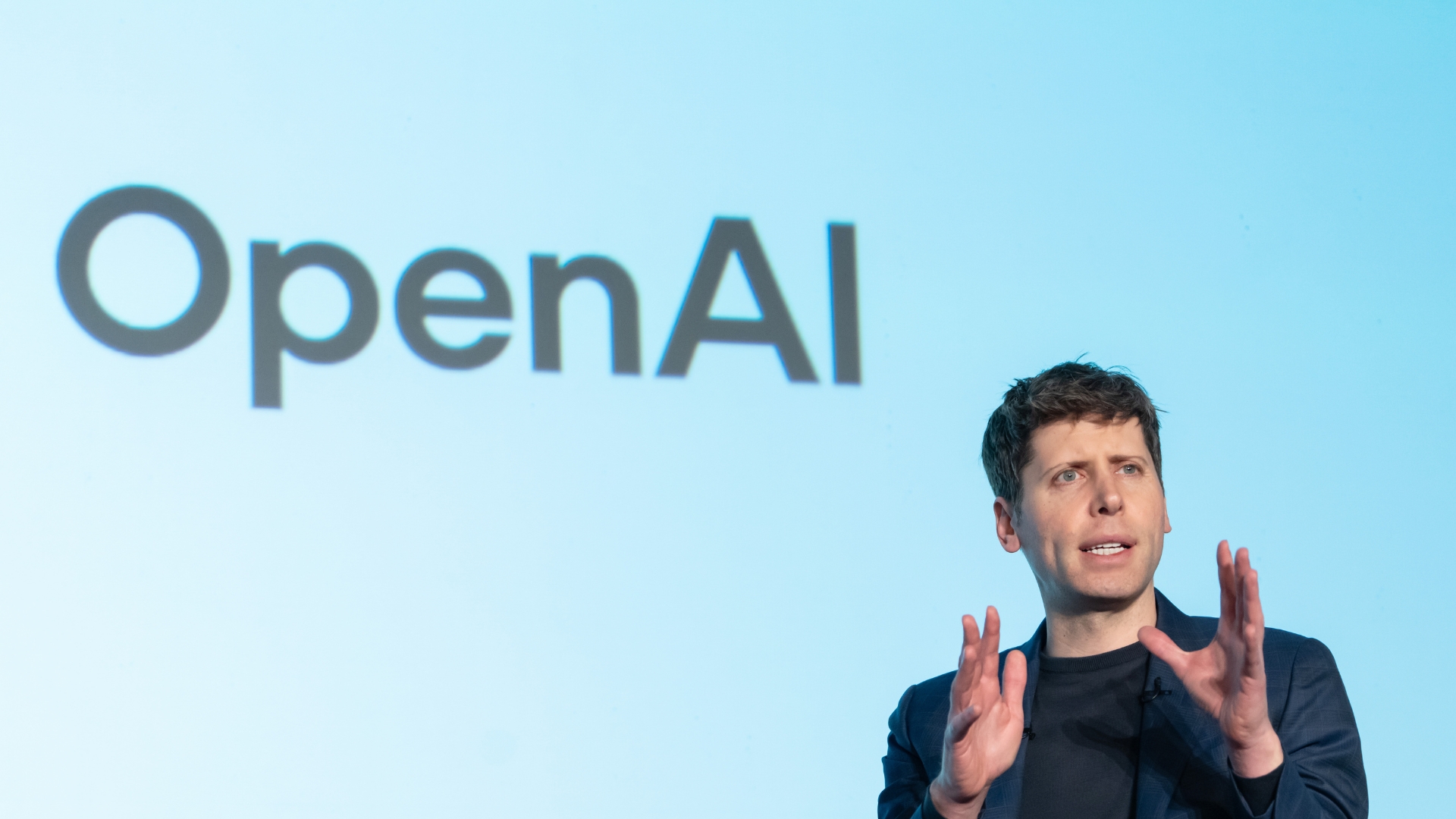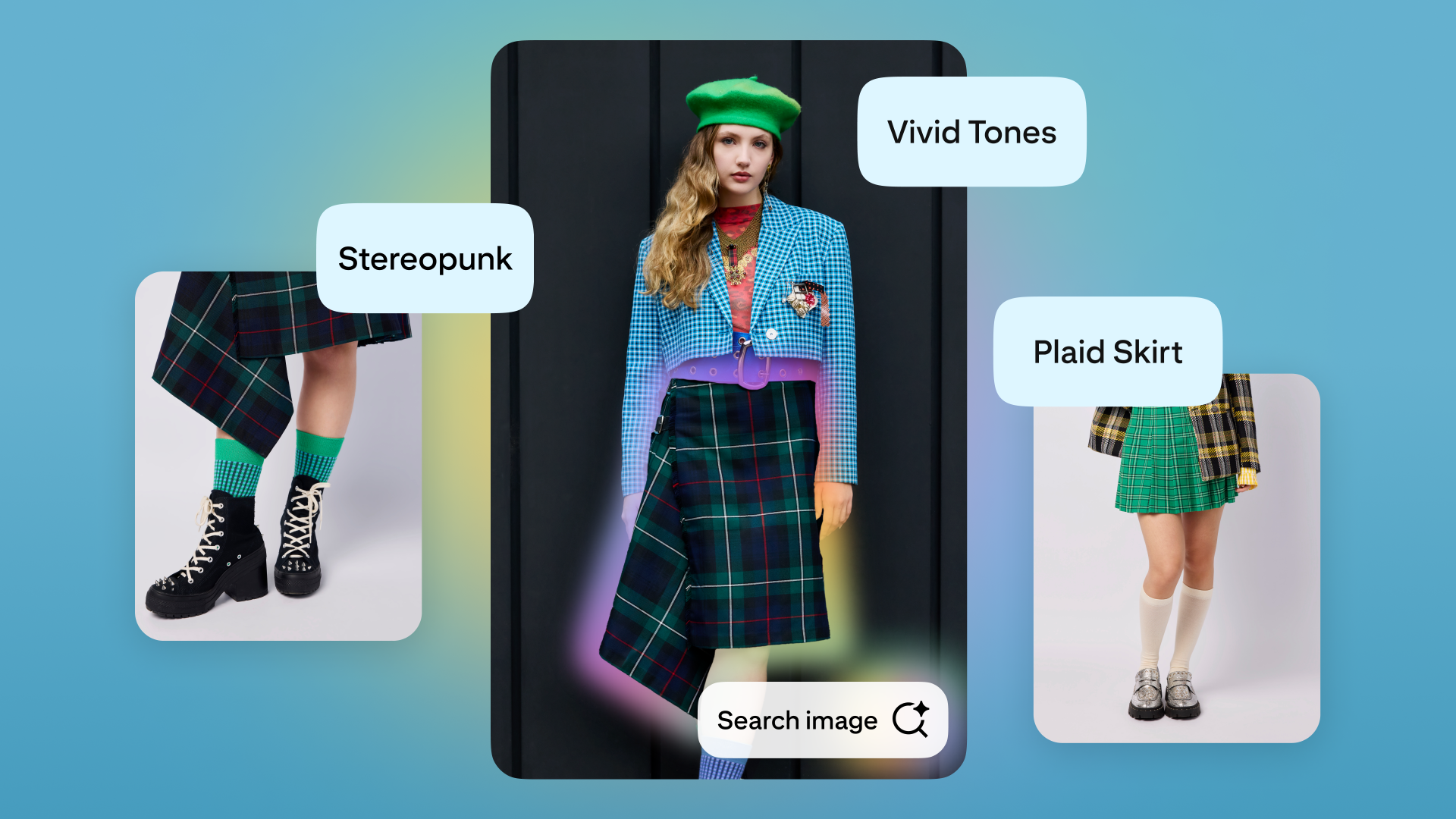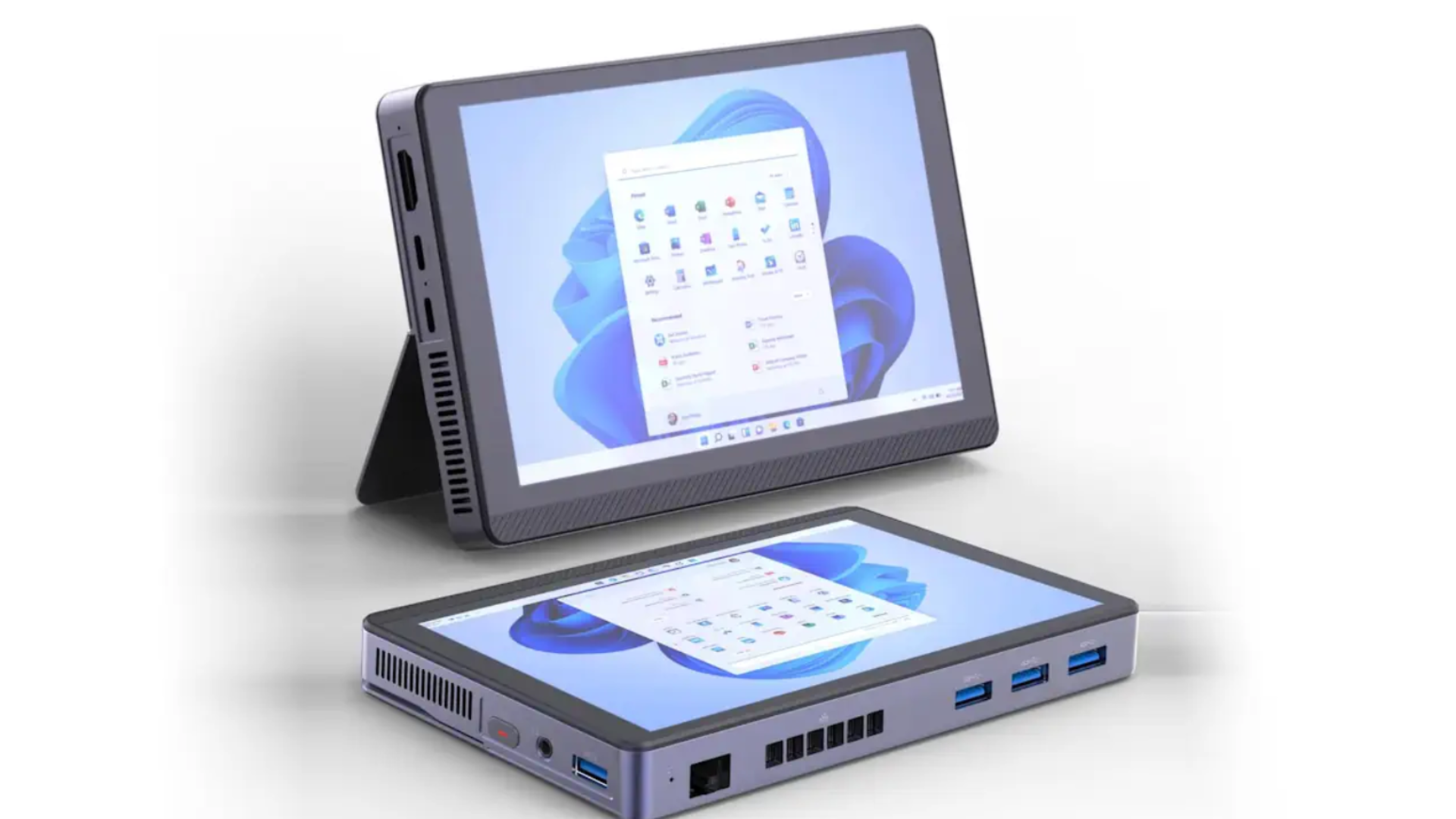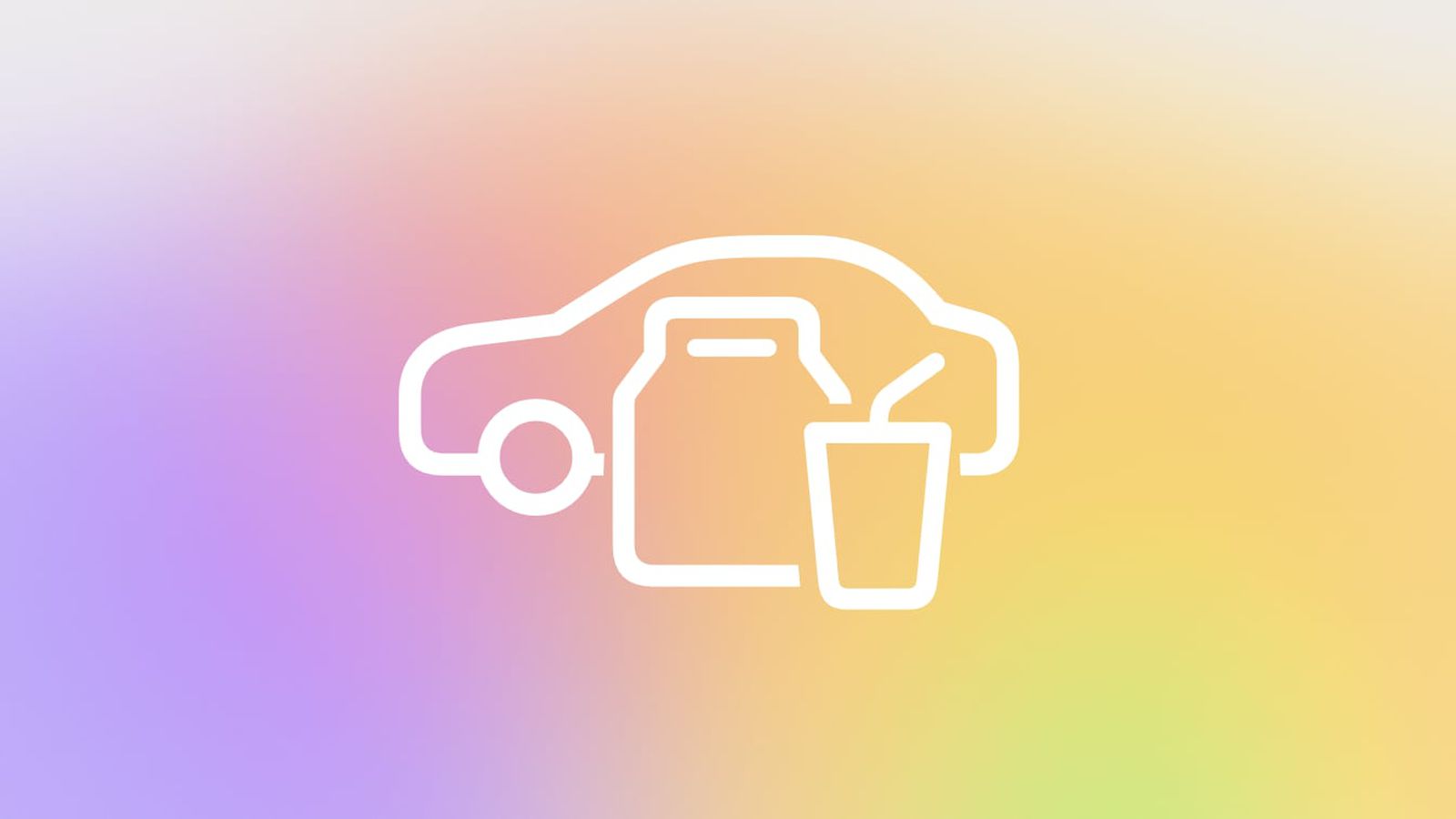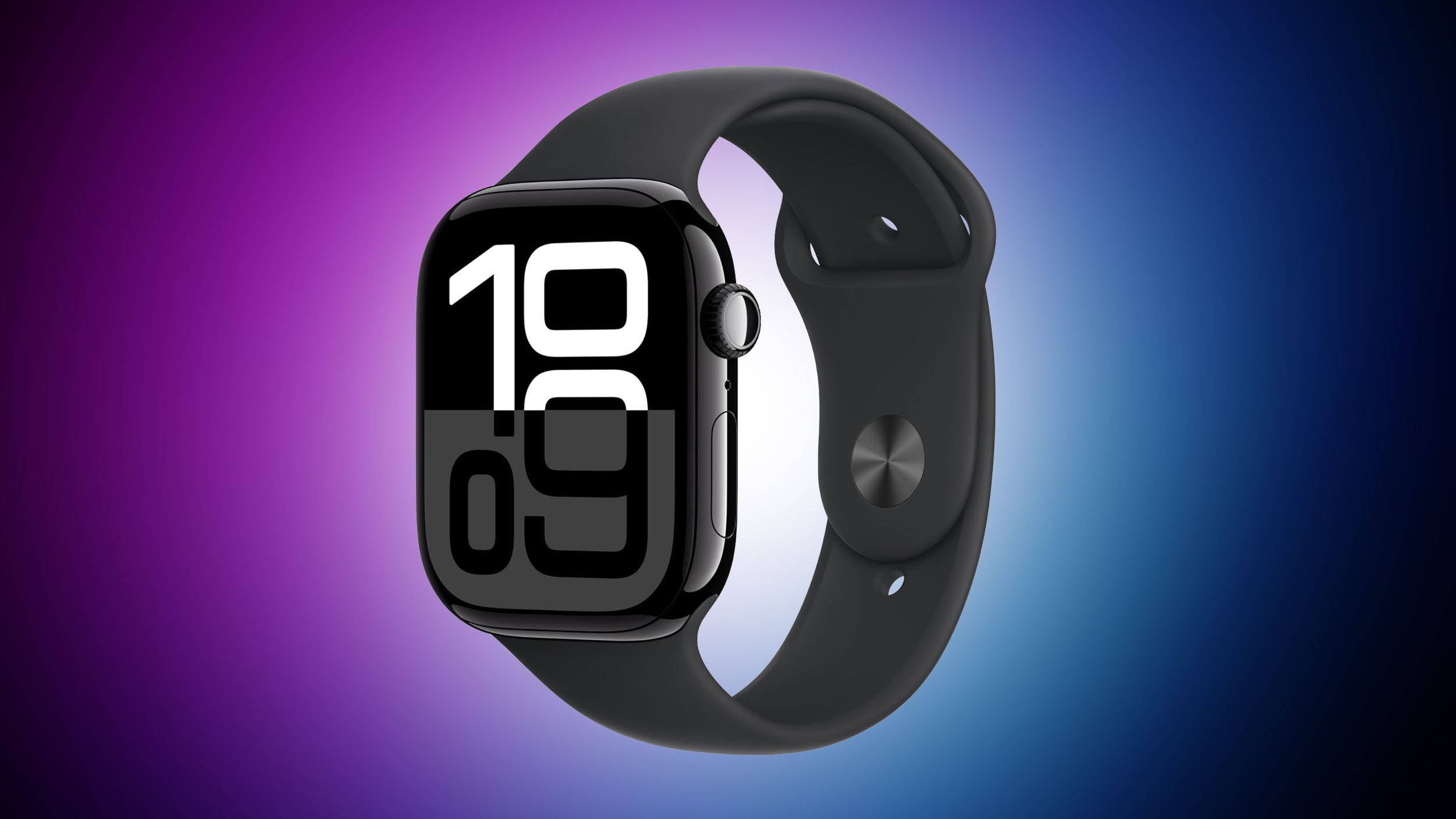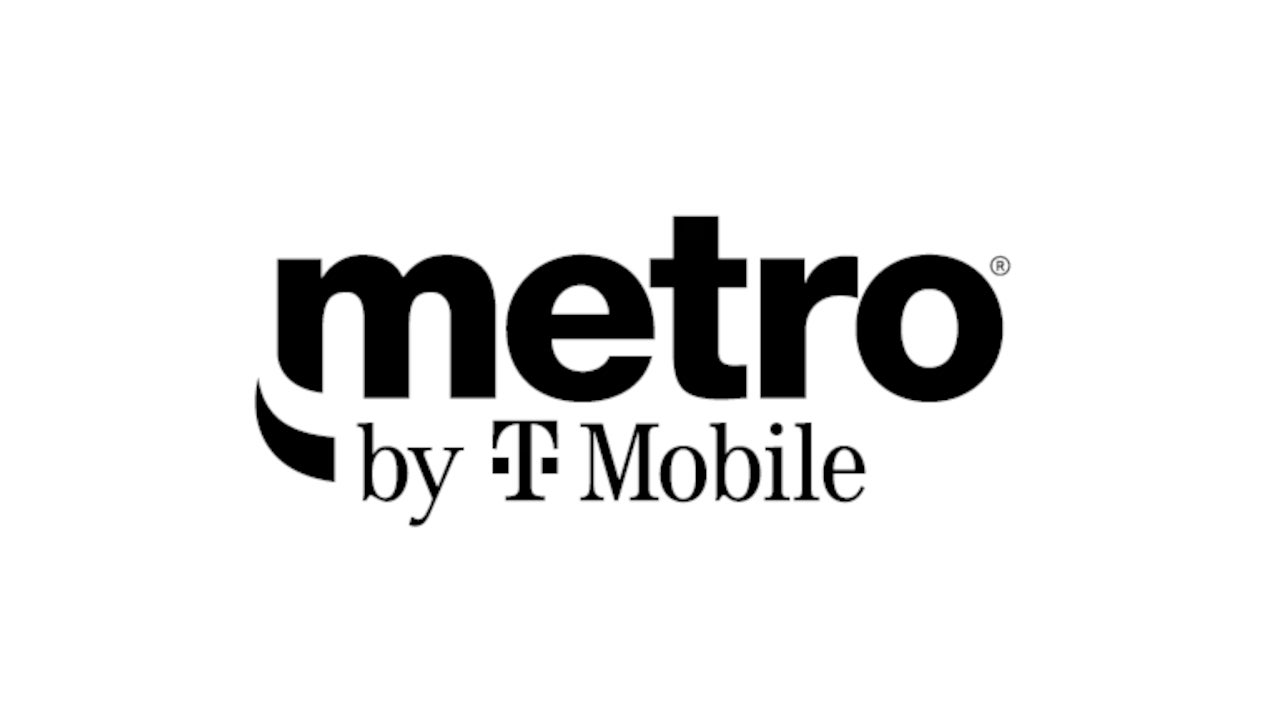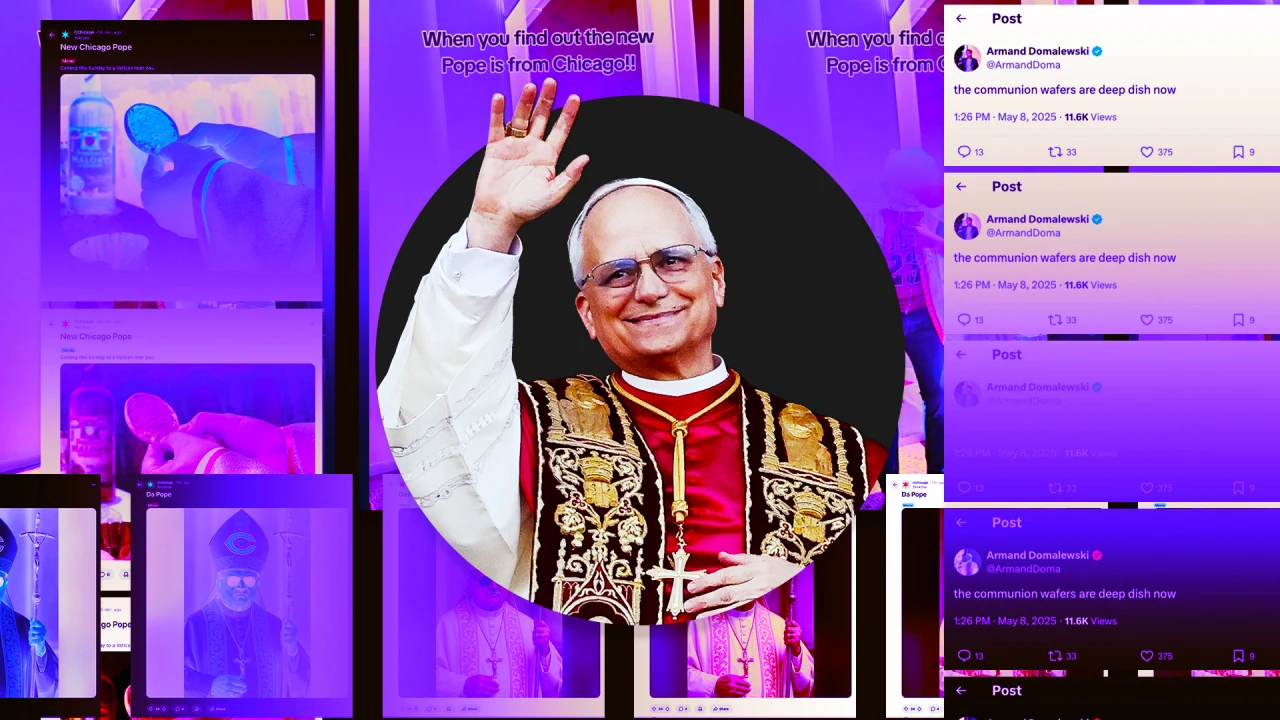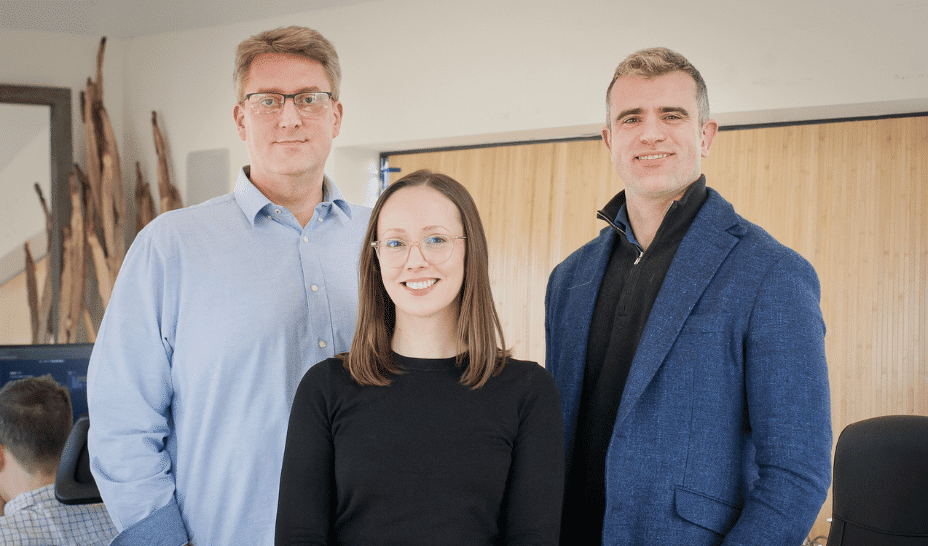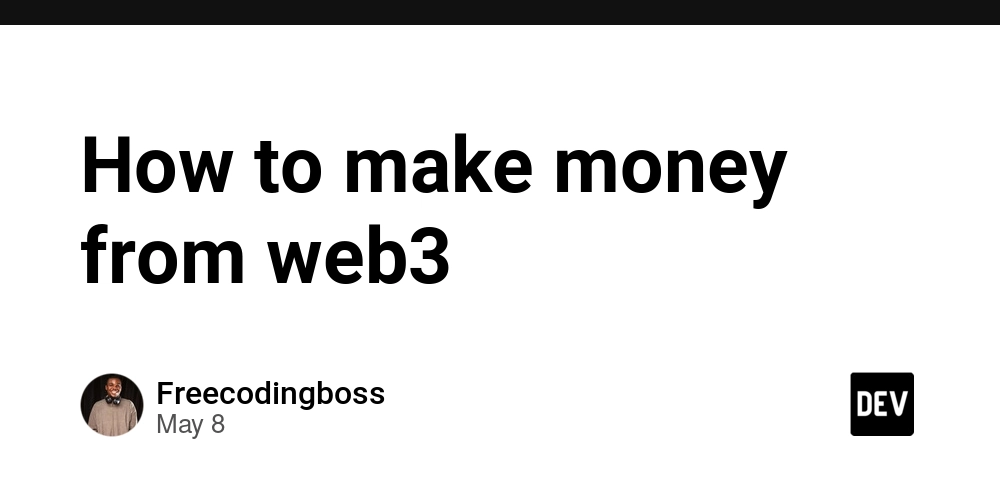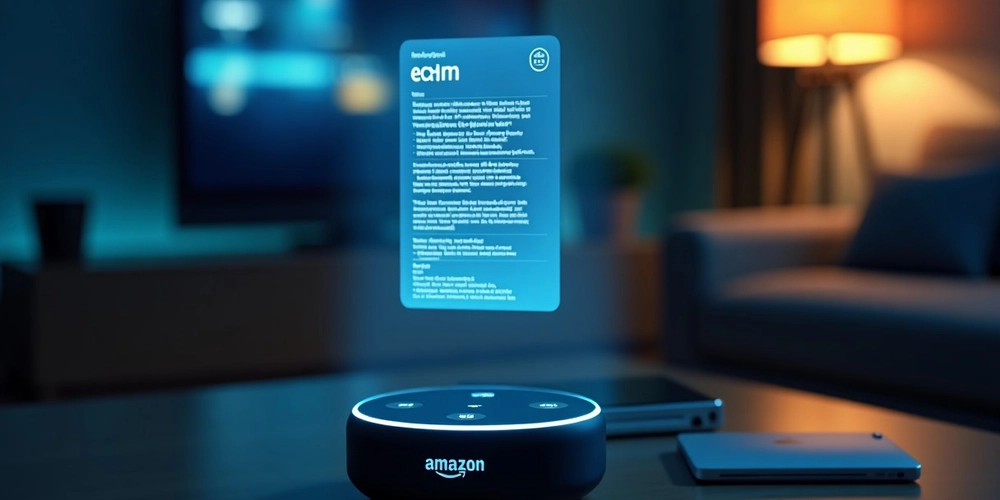Digital Marketing for Programmers
You’ve built a great app, website, or tool—but what’s next? As a programmer, learning digital marketing can help you reach more users, grow your brand, and even monetize your work. In this post, we’ll explore essential digital marketing strategies tailored for developers and tech entrepreneurs. Why Programmers Should Learn Digital Marketing Gain Visibility: Ensure people discover and use your product. Monetize Projects: Turn side projects into profitable ventures. Build a Personal Brand: Showcase your skills and expertise. Attract Opportunities: Networking, clients, job offers, and collaborations. 1. Know Your Audience Start by defining your ideal users. Are they developers, students, small businesses, or general consumers? Understanding their needs will help you tailor your messaging and features. 2. Build a Strong Online Presence Personal Website/Portfolio: Display your work, blogs, and contact info. GitHub: Share your code and attract collaborators or employers. Blogging: Write tutorials or development stories to build credibility. LinkedIn: Share updates and connect with industry professionals. 3. Content Marketing Create valuable content that solves real problems. This could include: Technical tutorials or coding walkthroughs Case studies about how you built your project “How-To” guides and comparison articles Use platforms like Medium, Dev.to, and your own blog to publish. 4. SEO (Search Engine Optimization) Use keywords: Include relevant keywords in titles, URLs, and headers. Optimize speed: Ensure your website loads fast and is mobile-friendly. Write meaningful meta tags: Improve click-through rates on search results. 5. Social Media Promotion Share your work on developer communities and tech platforms: Twitter/X: Engage with tech influencers and share updates. Reddit: Subreddits like r/programming, r/webdev, or r/learnprogramming. LinkedIn: Publish updates, demos, and career milestones. YouTube: Create video tutorials or product demos. 6. Email Marketing Build an email list and keep your users informed about updates, features, and new projects. Offer a freebie (e.g., a cheat sheet or template) in exchange for an email. Use platforms like Mailchimp, ConvertKit, or Buttondown. 7. Paid Advertising (Optional) For faster growth, consider running paid campaigns: Google Ads: Target people searching for your type of product. Facebook/Instagram Ads: Visual promotion for apps or tools. LinkedIn Ads: Great for B2B tools and professional services. 8. Track and Improve Use Google Analytics to monitor website traffic and user behavior. Use Hotjar or Microsoft Clarity for heatmaps and session recordings. Gather feedback through surveys or live chat tools like Tawk.to or Crisp. Bonus Tips Launch on Product Hunt to reach tech-savvy audiences. Join indie hacker or startup communities to get feedback and exposure. Keep marketing consistent—even small efforts compound over time. Conclusion Digital marketing doesn’t require you to be a salesperson—it’s about telling the story behind your work and reaching the right audience. As a programmer, mastering digital marketing can turn your projects into impactful, successful products. Start small, stay consistent, and track your progress as you grow.


You’ve built a great app, website, or tool—but what’s next? As a programmer, learning digital marketing can help you reach more users, grow your brand, and even monetize your work. In this post, we’ll explore essential digital marketing strategies tailored for developers and tech entrepreneurs.
Why Programmers Should Learn Digital Marketing
- Gain Visibility: Ensure people discover and use your product.
- Monetize Projects: Turn side projects into profitable ventures.
- Build a Personal Brand: Showcase your skills and expertise.
- Attract Opportunities: Networking, clients, job offers, and collaborations.
1. Know Your Audience
Start by defining your ideal users. Are they developers, students, small businesses, or general consumers? Understanding their needs will help you tailor your messaging and features.
2. Build a Strong Online Presence
- Personal Website/Portfolio: Display your work, blogs, and contact info.
- GitHub: Share your code and attract collaborators or employers.
- Blogging: Write tutorials or development stories to build credibility.
- LinkedIn: Share updates and connect with industry professionals.
3. Content Marketing
Create valuable content that solves real problems. This could include:
- Technical tutorials or coding walkthroughs
- Case studies about how you built your project
- “How-To” guides and comparison articles
Use platforms like Medium, Dev.to, and your own blog to publish.
4. SEO (Search Engine Optimization)
- Use keywords: Include relevant keywords in titles, URLs, and headers.
- Optimize speed: Ensure your website loads fast and is mobile-friendly.
- Write meaningful meta tags: Improve click-through rates on search results.
5. Social Media Promotion
Share your work on developer communities and tech platforms:
- Twitter/X: Engage with tech influencers and share updates.
- Reddit: Subreddits like r/programming, r/webdev, or r/learnprogramming.
- LinkedIn: Publish updates, demos, and career milestones.
- YouTube: Create video tutorials or product demos.
6. Email Marketing
Build an email list and keep your users informed about updates, features, and new projects.
- Offer a freebie (e.g., a cheat sheet or template) in exchange for an email.
- Use platforms like Mailchimp, ConvertKit, or Buttondown.
7. Paid Advertising (Optional)
For faster growth, consider running paid campaigns:
- Google Ads: Target people searching for your type of product.
- Facebook/Instagram Ads: Visual promotion for apps or tools.
- LinkedIn Ads: Great for B2B tools and professional services.
8. Track and Improve
- Use Google Analytics to monitor website traffic and user behavior.
- Use Hotjar or Microsoft Clarity for heatmaps and session recordings.
- Gather feedback through surveys or live chat tools like Tawk.to or Crisp.
Bonus Tips
- Launch on Product Hunt to reach tech-savvy audiences.
- Join indie hacker or startup communities to get feedback and exposure.
- Keep marketing consistent—even small efforts compound over time.
Conclusion
Digital marketing doesn’t require you to be a salesperson—it’s about telling the story behind your work and reaching the right audience. As a programmer, mastering digital marketing can turn your projects into impactful, successful products. Start small, stay consistent, and track your progress as you grow.
















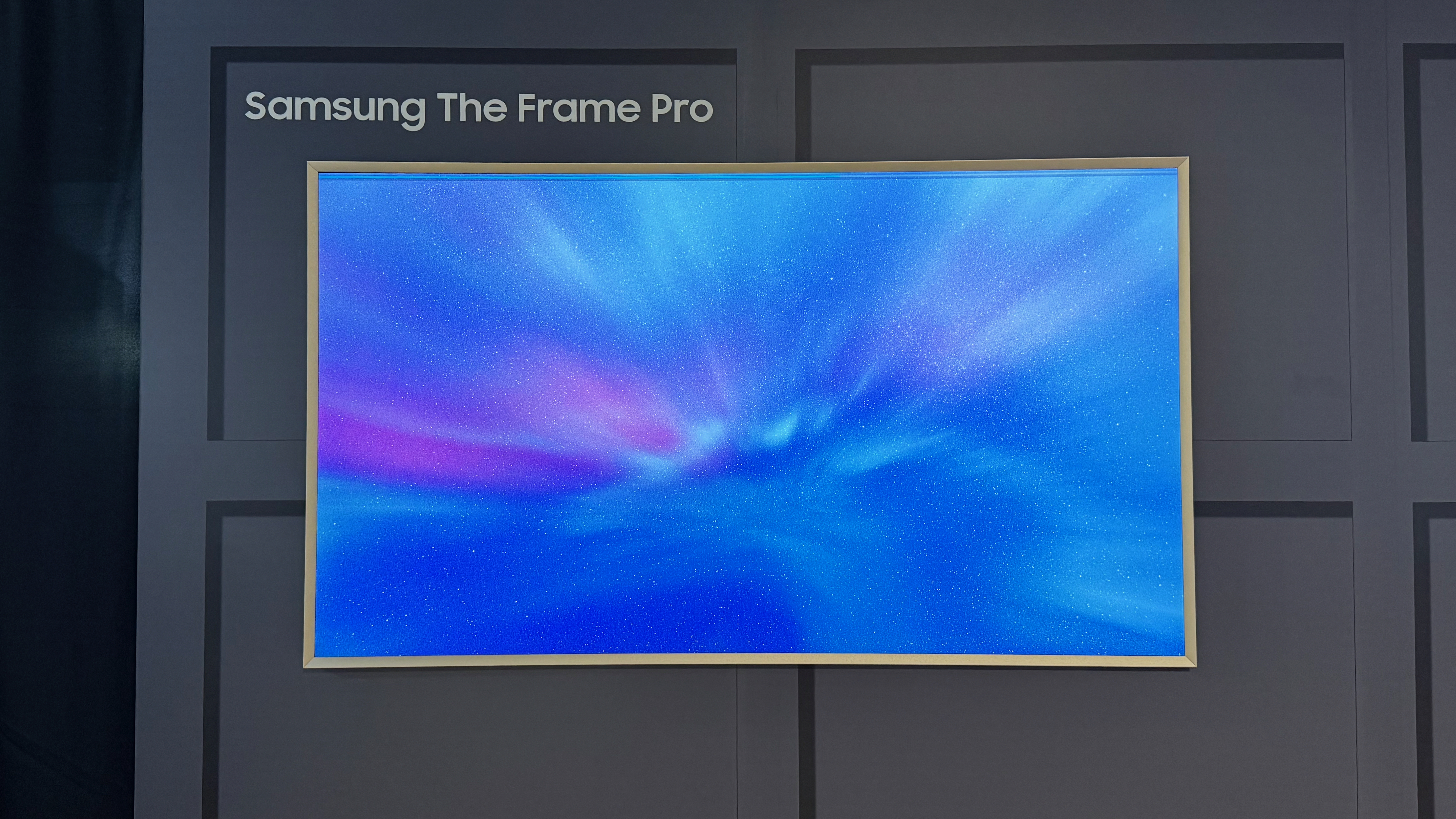
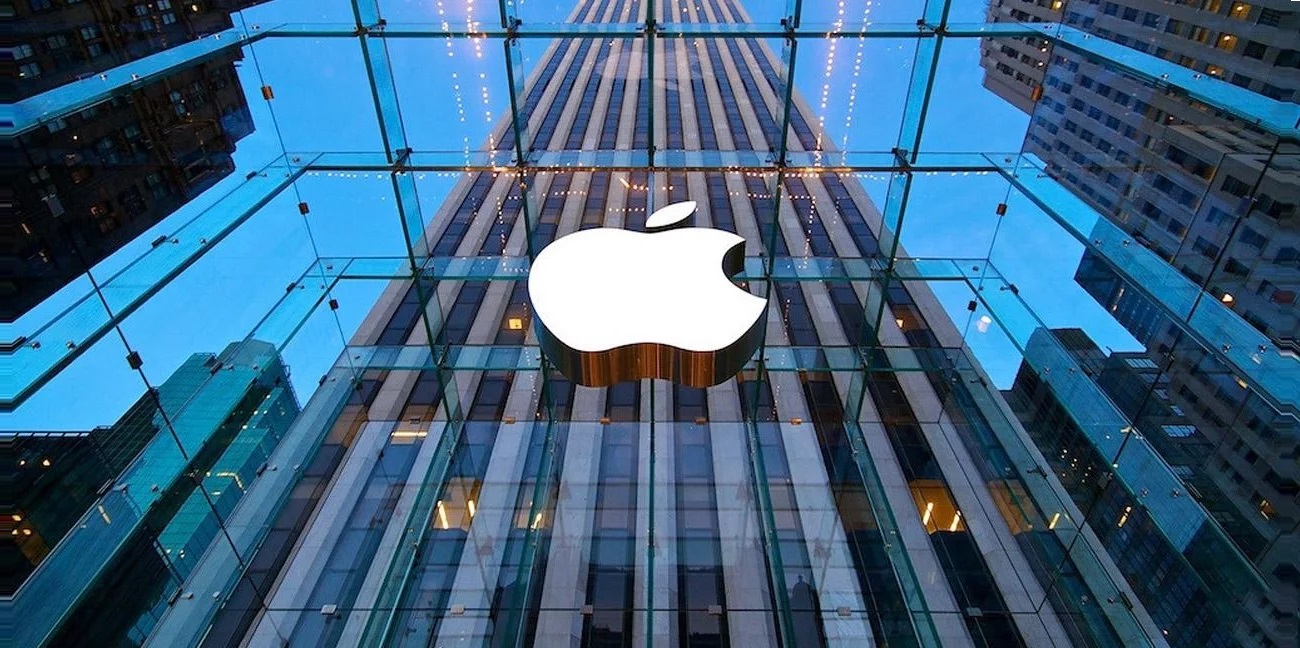
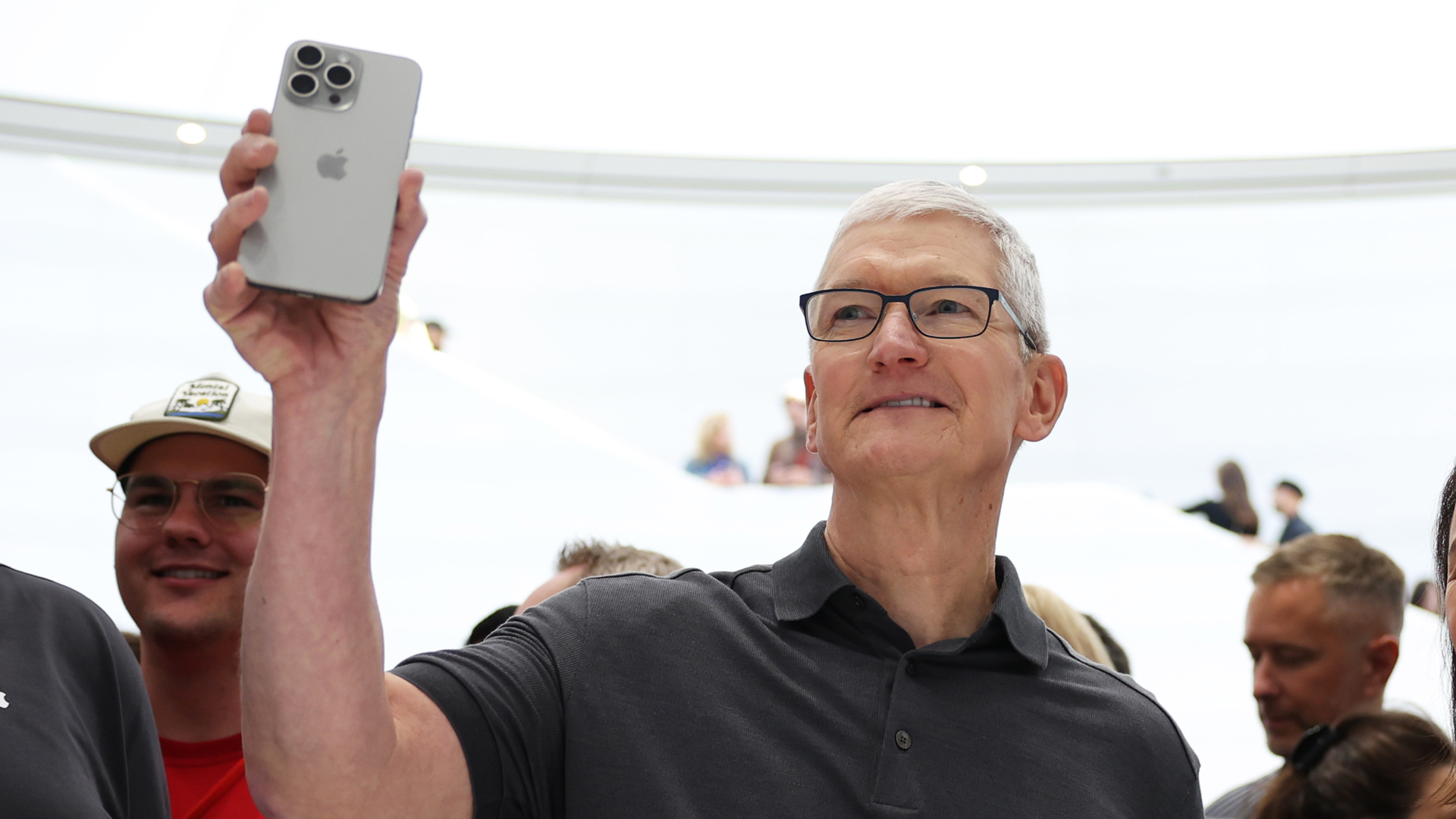






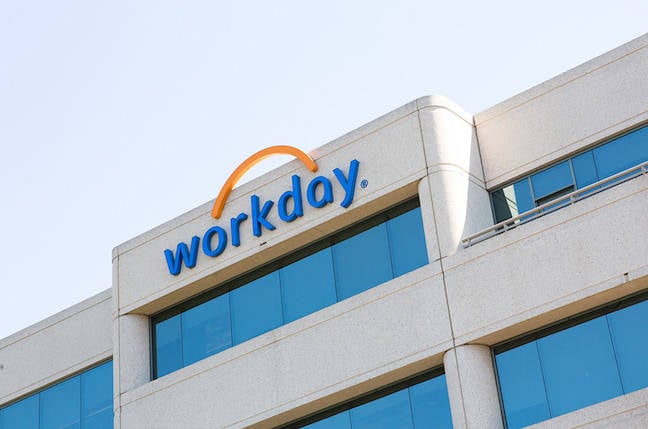























































































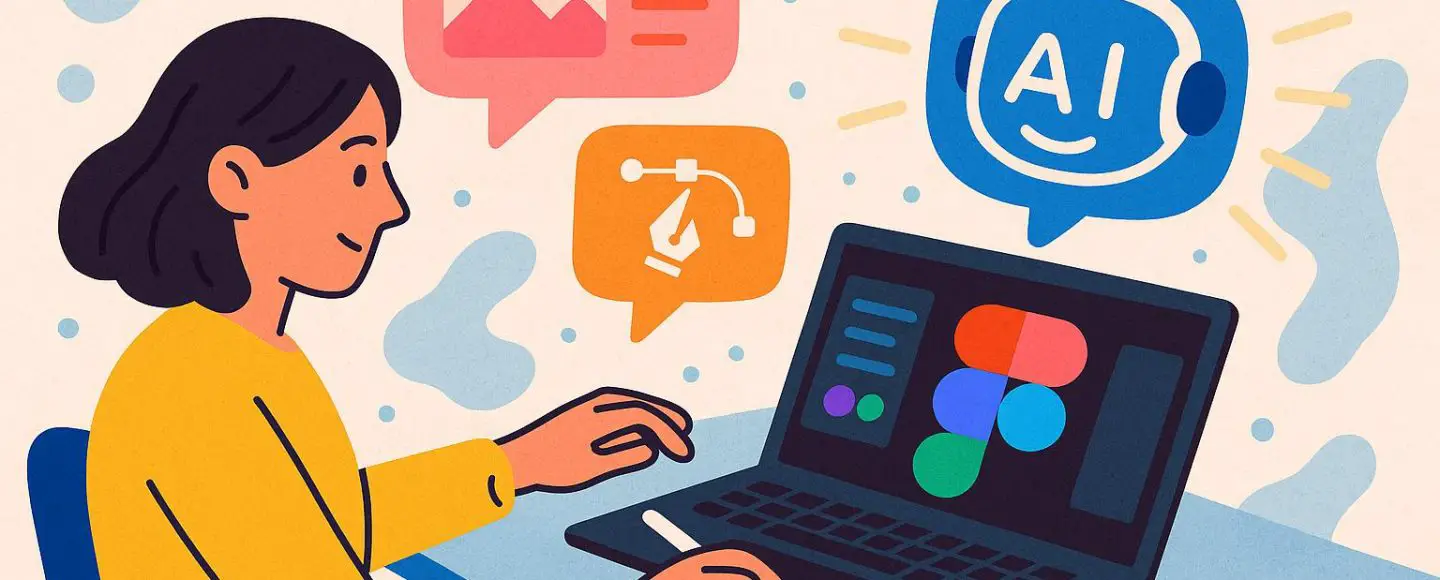























































![[The AI Show Episode 146]: Rise of “AI-First” Companies, AI Job Disruption, GPT-4o Update Gets Rolled Back, How Big Consulting Firms Use AI, and Meta AI App](https://www.marketingaiinstitute.com/hubfs/ep%20146%20cover.png)








































































































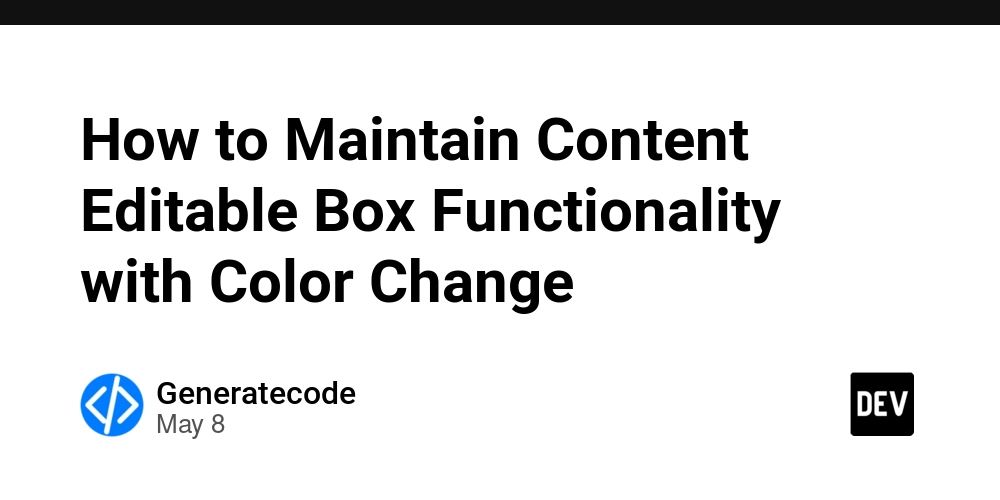
















![[DEALS] The Premium Python Programming PCEP Certification Prep Bundle (67% off) & Other Deals Up To 98% Off – Offers End Soon!](https://www.javacodegeeks.com/wp-content/uploads/2012/12/jcg-logo.jpg)














































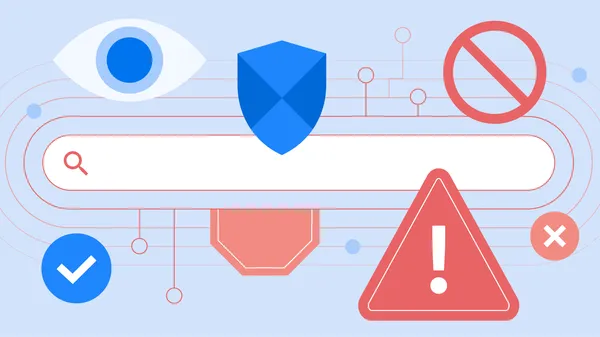





































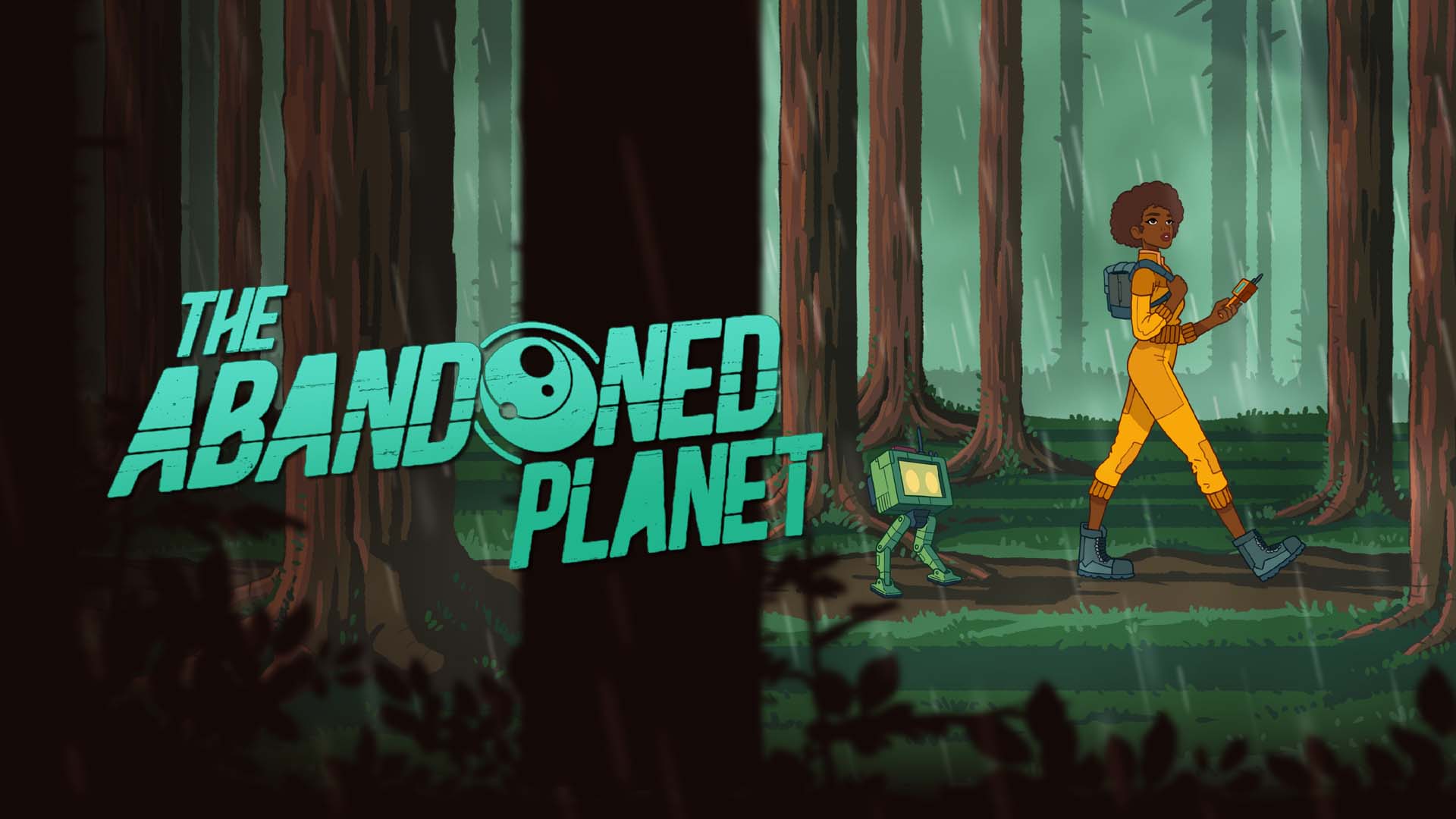












































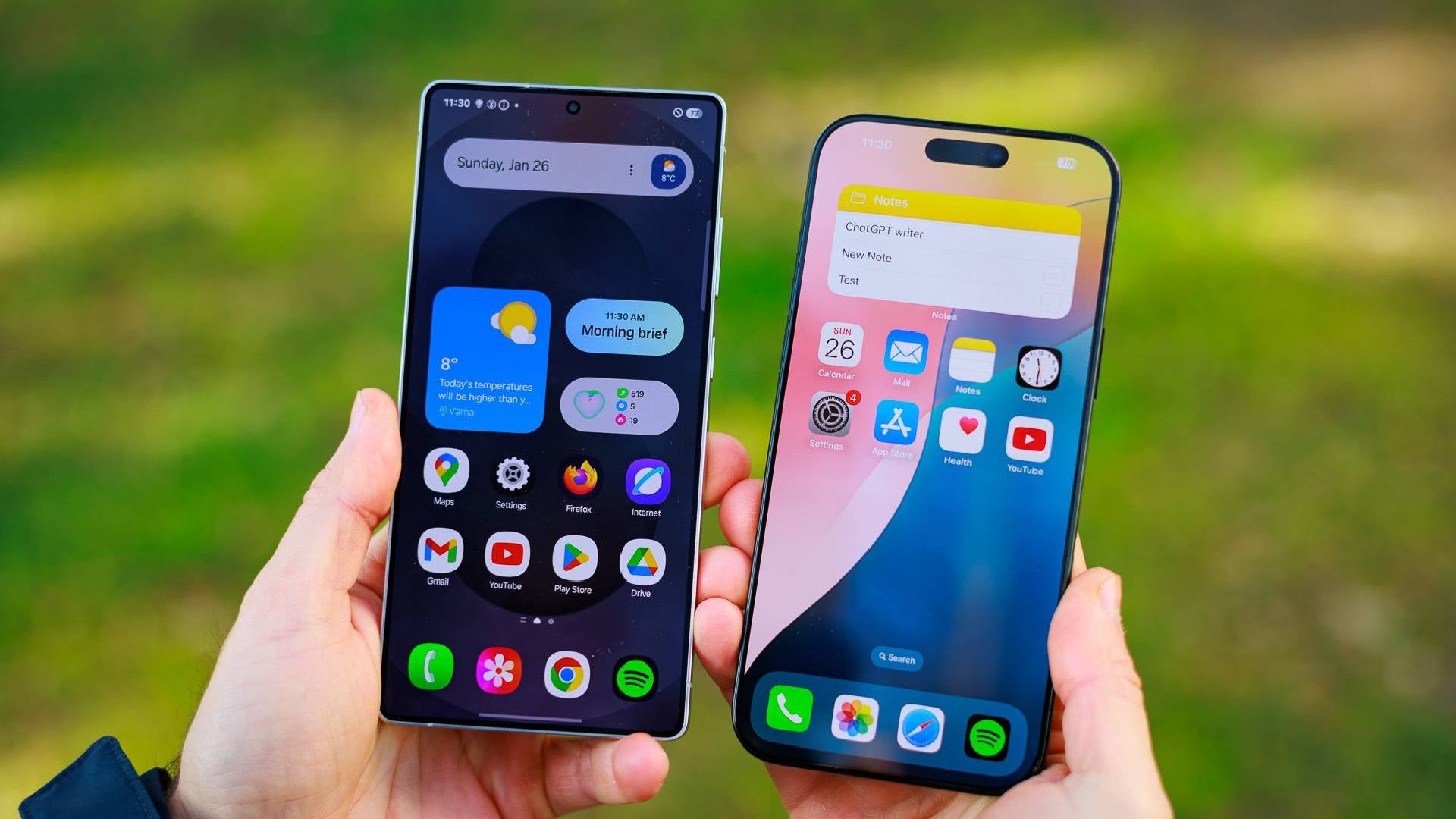











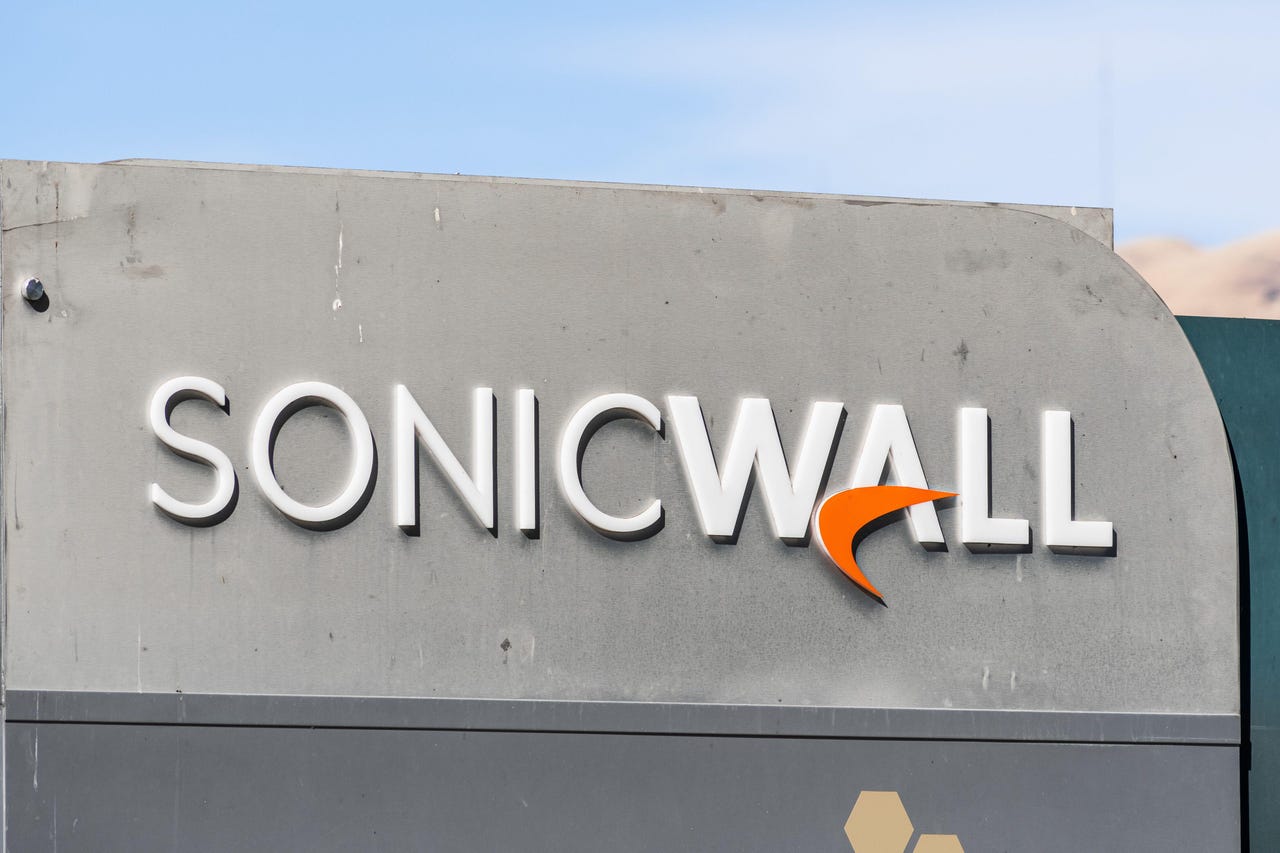

_Aleksey_Funtap_Alamy.jpg?width=1280&auto=webp&quality=80&disable=upscale#)
_Sergey_Tarasov_Alamy.jpg?width=1280&auto=webp&quality=80&disable=upscale#)
























































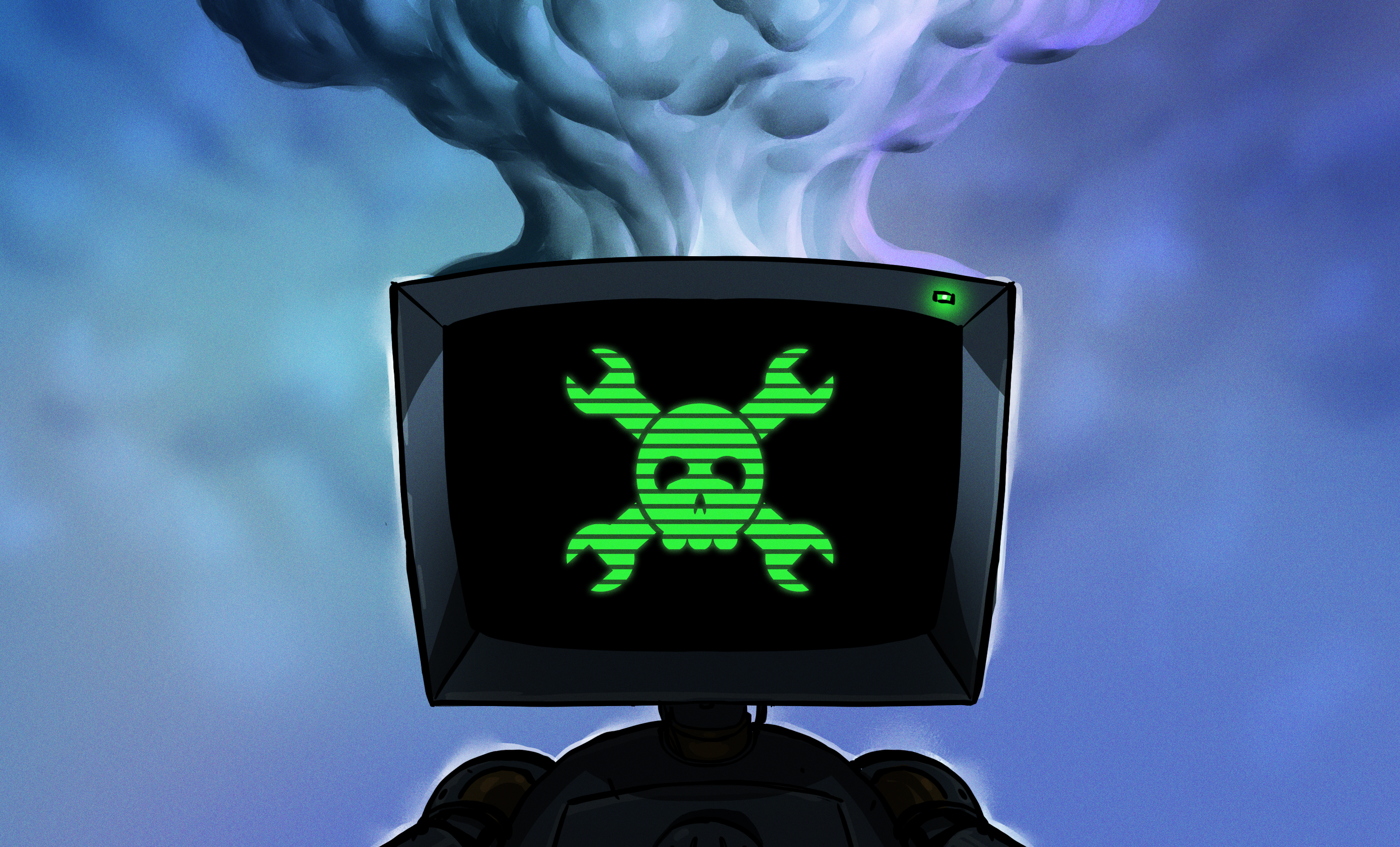
















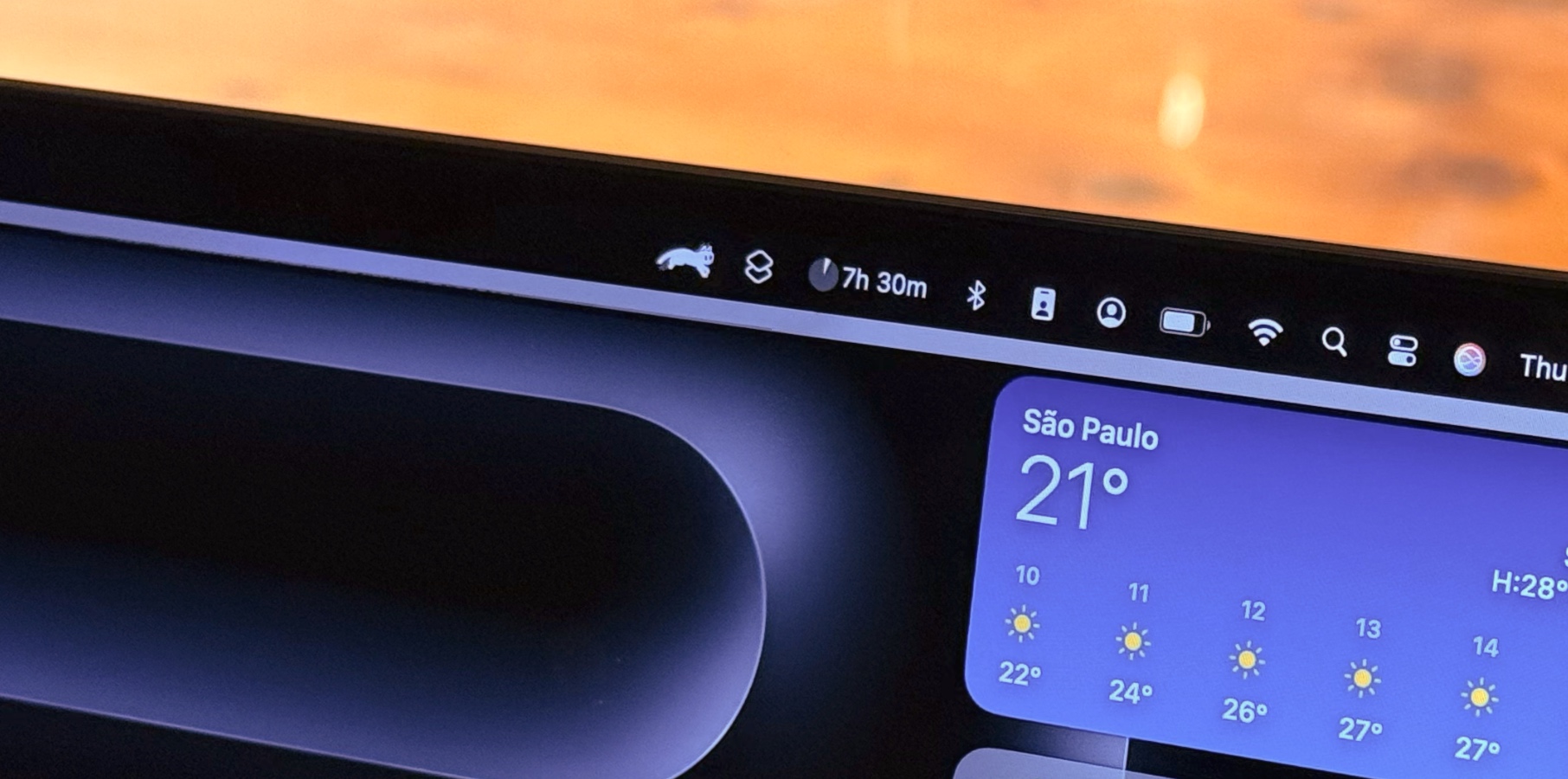




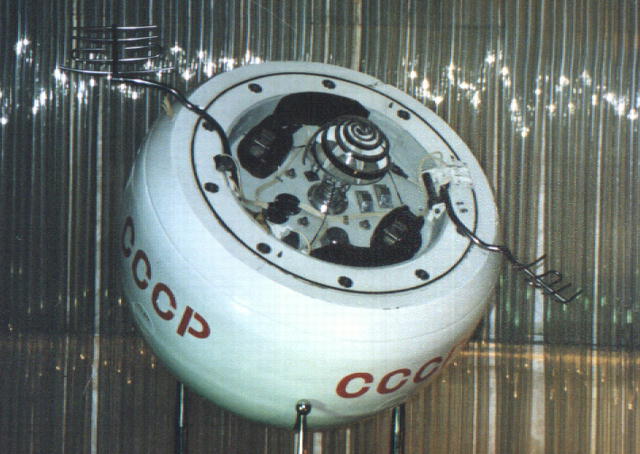






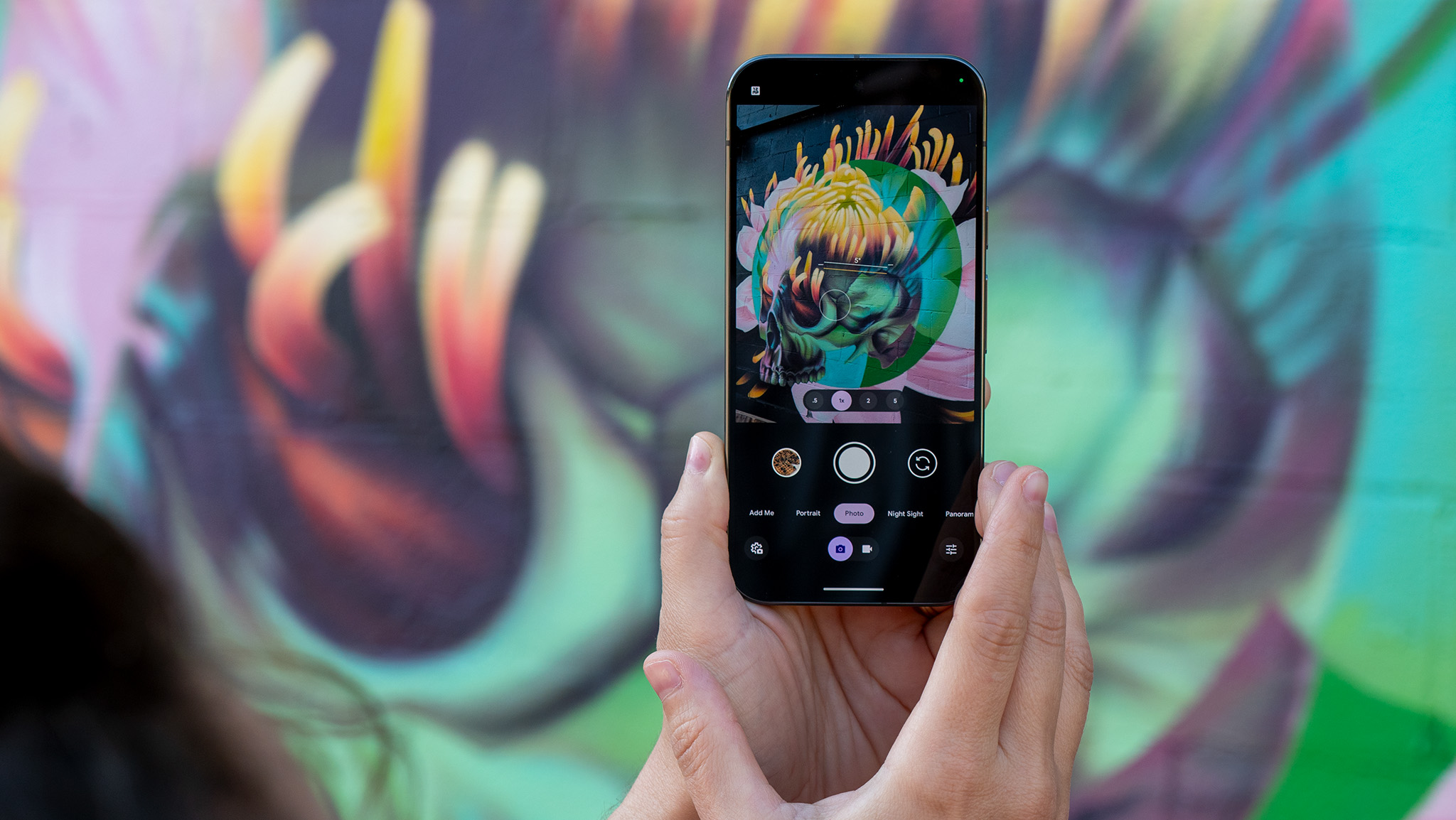
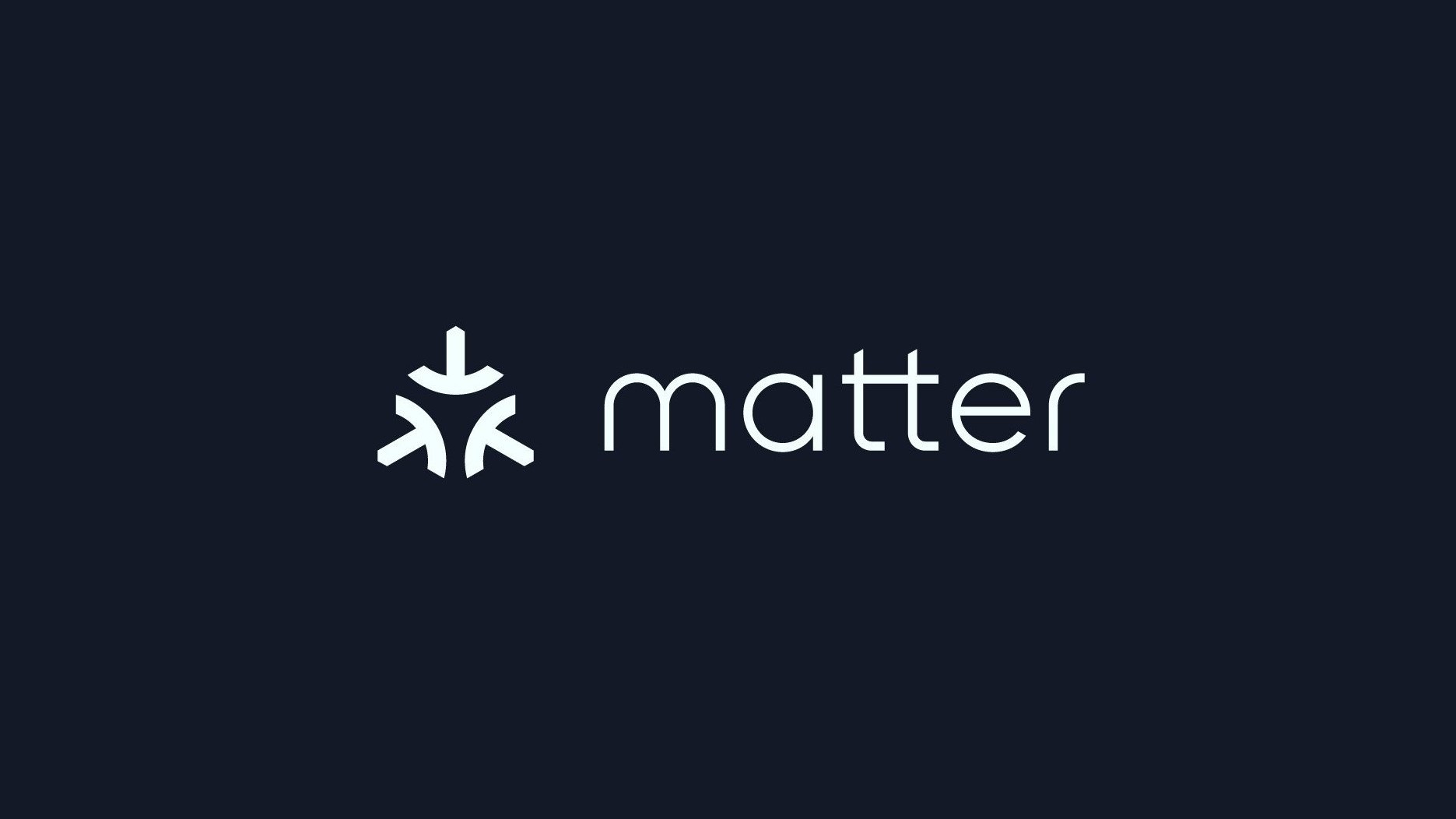






















![Apple Foldable iPhone to Feature New Display Tech, 19% Thinner Panel [Rumor]](https://www.iclarified.com/images/news/97271/97271/97271-640.jpg)
![Apple Developing New Chips for Smart Glasses, Macs, AI Servers [Report]](https://www.iclarified.com/images/news/97269/97269/97269-640.jpg)
![Apple Shares New Mother's Day Ad: 'A Gift for Mom' [Video]](https://www.iclarified.com/images/news/97267/97267/97267-640.jpg)
![Apple Shares Official Trailer for 'Stick' Starring Owen Wilson [Video]](https://www.iclarified.com/images/news/97264/97264/97264-640.jpg)
















